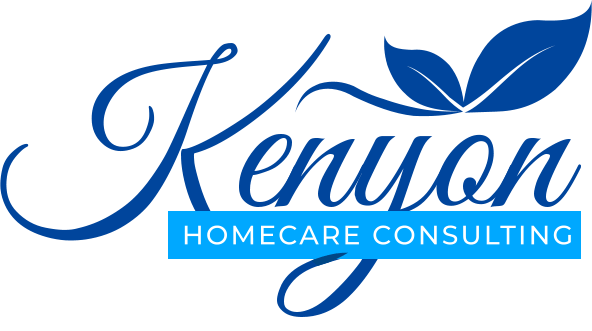The Heart of Home Health: How a Positive and Caring Culture Drives Recruitment and Retention
This is a subtitle for your new post

In the high-touch, emotionally demanding field of home health, the quality of care provided is intrinsically linked to the well-being and engagement of the staff. A positive and caring corporate culture isn't just a feel-good initiative; it's a critical business strategy that directly impacts an agency's ability to recruit and retain top-tier talent in an increasingly competitive labor market.
The Recruitment Advantage: Attracting the Right Caregivers
Home health aides, nurses, and therapists are drawn to organizations that reflect the compassionate nature of their work. A company's reputation, built on a foundation of respect and support, becomes its most powerful recruitment tool.
- Reputation as a Magnet: News travels fast within professional communities. When an organization is known for treating its staff well, providing ample support, and valuing their contribution, it significantly lowers the barrier to attracting new applicants. Prospective employees are actively seeking agencies where they feel they won't be overworked or undervalued.
- Emphasis on Support, Not Just Workload: High-quality candidates look for evidence that their employer understands the emotional and physical demands of the job. A culture that prioritizes manageable caseloads, provides easy access to clinical and administrative support, and offers resources for mental wellness stands out. This demonstrates that the company cares for the caregiver, who, in turn, can better care for the patient.
- Values Alignment: Home health professionals are typically driven by a strong sense of purpose. A caring culture that visibly celebrates patient successes, emphasizes ethical practice, and promotes a team-first mentality—aligns with the core values of those entering the field. This makes the job offer more compelling than a competitor's.
The Retention Factor: Keeping Your Best People
The true cost of staff turnover in home health, including recruitment fees, onboarding, and reduced quality of care during transition, is staggering. A positive and caring culture is the most effective defense against this constant drain.
- Fostering a Sense of Belonging: In a field where staff often work independently in patients' homes, the corporate culture must actively counteract isolation. Regular check-ins, team meetings, clear communication channels, and mentorship programs create a "work family." When employees feel connected and know they are part of a supportive team, they are far more likely to stay, even when the job gets tough.
- Recognition and Appreciation: A caring culture ensures hard work and dedication do not go unnoticed. This goes beyond annual reviews; it involves frequent, meaningful recognition for excellent patient outcomes, handling difficult situations with grace, and simply showing up consistently. Acknowledging the often-invisible labor of caregiving validates the staff's efforts and reinforces their value.
- Investment in Growth and Well-being: Retention soars when employees see a future with their current employer. This involves providing opportunities for professional development, specialized training, and career laddering. Crucially, a caring culture also focuses on the work-life balance of its staff, advocating for flexibility and showing empathy during personal challenges. This focuses on treating employees as whole people, not just resources.
The Bottom Line: Better Care and Business Success
Ultimately, a caring corporate culture transforms the employee experience into a superior patient experience. Staff who feel respected, supported, and valued are more engaged, exhibit lower stress, and are empowered to provide the highest quality of compassionate care. In home health, where trust and consistency are paramount, this positive internal environment becomes the external mark of a successful and reliable agency.
Should you need assistance with your recruitment and retention strategies, let us help. Call Kenyon Homecare Consulting at 206-721-5091 or contact us online at gkenyon@kenyonhcc.com.
Results Based Consulting
Did you find value in this blog post? Imagine what we can do for your home care or hospice agency. Fill out the form below to see how we're leading the industry with innovation, affordability, and experience.










